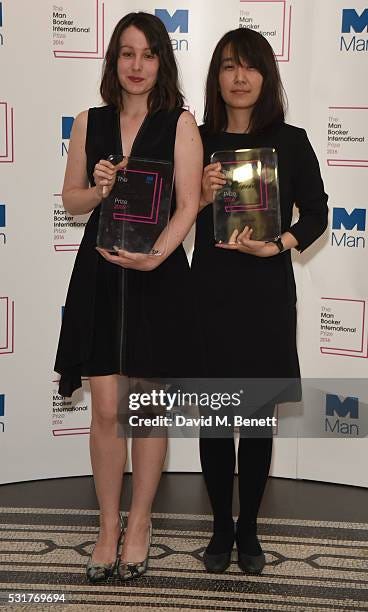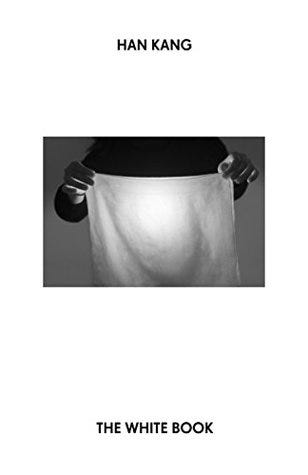Congratulations, Han Kang! Congratulations, Deborah Smith!
Found out yesterday that Han Kang won the Nobel Prize. Yay!
Han Kang’s fiction stays deep inside you. It leaves an impression. I read The Vegetarian (trans. Deborah Smith), her English-language debut, maybe a year after its release. Memories of its dark, intense atmosphere are still embedded in my head, like shrapnel.
I’ve been meaning to revisit that book for a long time. Maybe I’ll do it soon. I want to compare it to a Japanese novel I read recently with a similar premise, Maru Ayase’s The Forest Brims Over (trans. Haydn Trowell).
This prize isn’t just a win for Han Kang. It’s also a big moment for Deborah Smith, and all of Han Kang’s translators. Smith has translated other brilliant South Korean writers, including Bae Suah, and is the founder of Tilted Axis Press. Thanks to Smith, we have so much more Korean fiction available in English.
I wish I was a talented and hard-working as Han Kang and Deborah Smith. If I could be half as talented as they both are, I’d be happy.
Human Acts, translated again by Smith, also left a deep impression. I remember one scene with dead bodies piled up high in some kind of garage, and a group of young people volunteering to sort through them. I remember two of them, a boy and a girl, sharing a human moment as they worked, a small smile and some gentle words. It wasn’t just the bleakness and violence that left an impression. It’s a book that lives up to its name; there are so many small, human acts of love and kindness between all the larger, looming violent acts.
The White Book (trans. Smith) is more ephemeral and personal. Its focus on white is strange, as I’d associate both The Vegetarian and Human Acts with heavy, dark colours.
I’m normally not a fan of books about language, but Greek Lessons won me over. Co-translated by Smith and Emily Yae Won, it contains many strange and subtle descriptions of people losing their ability to communicate.
It looks like another of Han Kang’s novels, We Do Not Part, will be available in English in Febuary. This time it will be translated by E. Yaewon and Paige Aniyah Morris. I’m so used to Smith’s vibrant, intimate translations of Han Kang’s work that I’m a little nervous, but also excited to discover what textures will emerge from two new translators.








